The founder, majority owner, and president of Volga-Dnepr Group, Alexey Isaikin, who was added to the United Kingdom’s sanctions list in June in the wake of Russia’s invasion of Ukraine, has withdrawn from all of the group’s structures and ceded control to the rest of the company’s management team, Kommersant reported.
According to the newspaper’s sources in the aviation sector, this is likely to help the Western companies of the group to continue working, while Isaikin himself, who has dual Russian and Cypriot citizenship, can engage in his other businesses in Russia and abroad. He had already resigned as a director of CargoLogic Holdings (UK) subsidiary CargoLogicAir (CLU, London Stansted) in June after being sanctioned.
The sources said that Isaikin had opted to completely break ties with the group he founded in 1990, and this was confirmed by a company representative: “Alexey Isaikin, founder of Volga-Dnepr, after 45 years of work in the aviation industry, decided to withdraw from the company’s shareholders and transfer control to the management with 32 years of unique competence in international air cargo transportation.”
According to the SPARK-Interfax corporate database, as of 2020, Volga-Dnepr Airlines was 49% owned by the Dutch-registered Volga-Dnepr Logistics BV, and these two structures co-own two other carriers in the group, AirBridgeCargo and Atran. The parent of Volga-Dnepr Group itself has been Alpine Prosperity Foundation (Liechtenstein), which Isaikin wholly owns according to online financial data.
Details of the deal and the new composition of shareholders have not been disclosed.
The sources claimed that Isaikin is withdrawing from the capital of all of the foreign assets he owns, including Alpine Prosperity Foundation, Gloria 7 SARL (Luxembourg), Volga-Dnepr Logistics BV, and CargoLogic Holdings (UK), as well as its subsidiary CargoLogic Germany (GCL, Leipzig/Halle) (which is currently in insolvency proceedings) in an effort to ease the risks in the activities of these companies, avoid the threat of their accounts being blocked, and “continue to work with customers, banks, and lawyers in Europe.” The British sanctions may have the power to block the activities of all of these units, one source said.
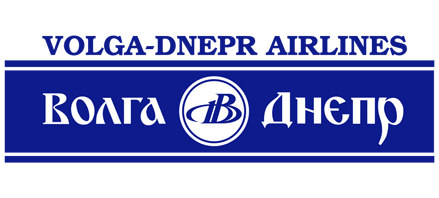
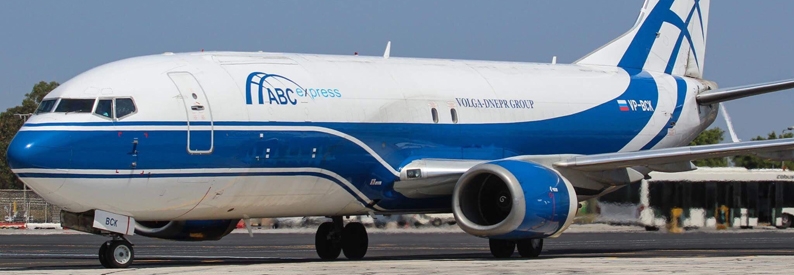
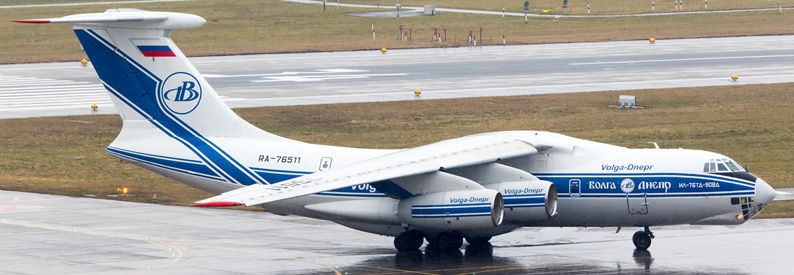
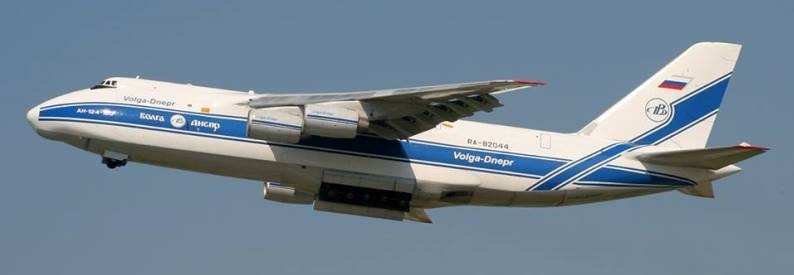
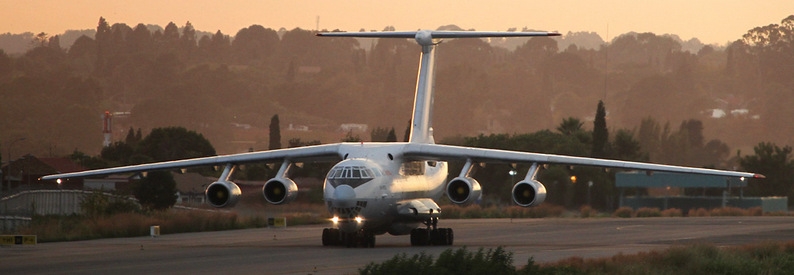
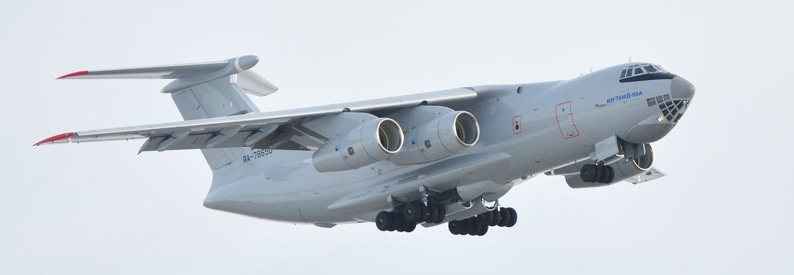
Editorial Comment: Corrected that CargoLogicAir UK and CargoLogic Germany are subsidiaries of CargoLogic Holdings (UK). - 23Nov2022 - 08:10 UTC